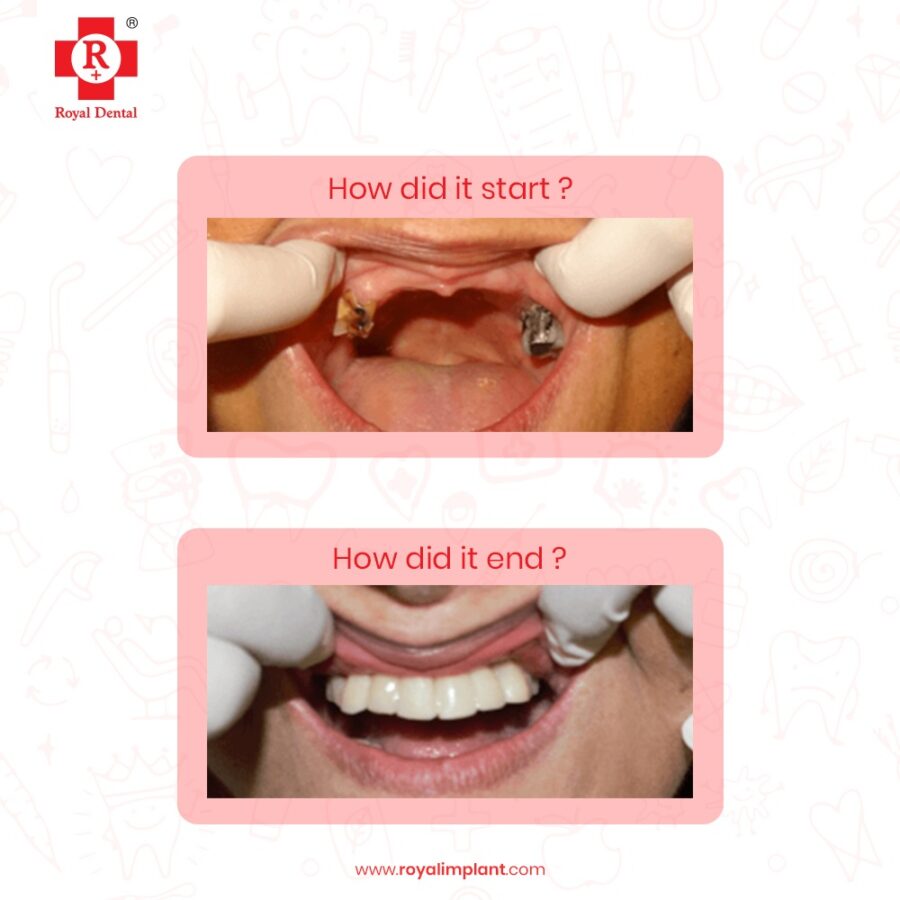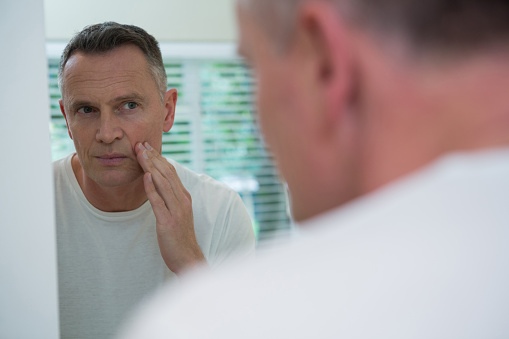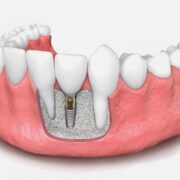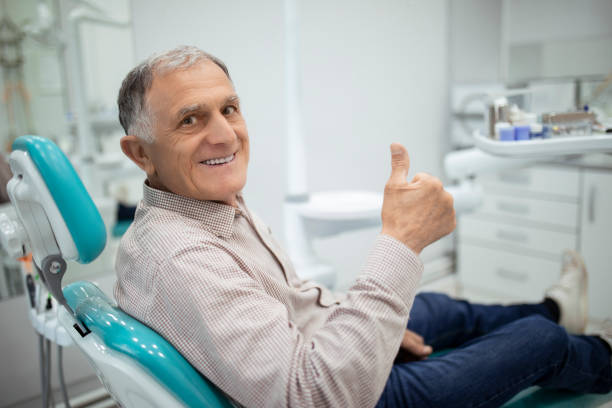In cancer patients, health and well being related quality of life is measured and is the most important factor while considering the treatment alternatives. The research focuses on not just reducing oral cancer but also improving functional and aesthetic outcomes following therapy. Since a result, before choosing on an oral cancer therapy, one must be aware of the long-term problems and side effects, as an increase in a patient’s survival does not always imply an increase in health and well being. Cancer rehabilitation is trending, know why!

Cancers in the mouth can change your life. How it affects your day-to-day routine will depend on the size and location of your cancer and how advanced it is. But no matter the type, you can find help and ways to deal with the changes.
Dr Chirag Chamria
Oral cancer starts in the mouth. It can begin in the lips, tongue, gums, floor and roof of the mouth, and other places. You might need surgery, radiation therapy, or chemotherapy — sometimes in combination. The cancer and treatments can change the way you eat, talk, and look. And it can take an emotional toll.

Eating after Oral Cancer Surgery
Soreness and swelling from surgery can make it uncomfortable to chew and swallow. Radiation therapy can make foods taste bitter or metallic, or give you dry mouth. Some treatments can make you nauseated. You may have lost teeth. Many of those problems can be treated or will get better over time. Small changes can help you keep your body nourished.
- If it’s hard for you to swallow, eat small portions every 2-3 hours instead of big meals.
- Try a diet of soft foods like soups, casseroles, beans, and eggs.
- Carry water with you to keep your mouth moist, or your doctor might prescribe artificial saliva.
- Perk up your foods with flavorful ingredients like herbs and spices.
- Avoid spicy dishes if your mouth is sore or infected.
If you have trouble keeping your weight up, your doctor may have you use a feeding tube for a while. It puts liquid food right into your stomach so you won’t have to swallow. A nutritionist can tell you more about what to eat and how to make it easier.
Speech after Oral Cancer Surgery
The way you talk might change. It depends on the size and location of your cancer and how much tissue doctors had to remove. Cancer on your tongue, for example, can make it harder to make “l” and “r” sounds. If you have a growth on the roof of your mouth, your voice may sound different. You could lose your voice. A speech and language therapist can help you speak more clearly. Sometimes, removable devices that look like dental retainers can fill in for lost tissue or teeth to help you speak and eat better.
Appearance after Oral rehabilitation
Surgery on your lips, jaw, and elsewhere on your mouth can change the way you look. You may have reconstructive or plastic surgery to rebuild bones or tissues. In most cases, you won’t see big scars, and they usually fade over time. Camouflage makeup can cover skin grafts and scars. Some people may need a surgical hole in the front of the neck, called a stoma, to breathe. Usually, you need one only for a while.
Emotional Health
Lean on your family, friends, and others so you won’t feel alone. You’ll likely have all kinds of emotions after you get through your treatments. You may worry about cancer coming back. You might feel stressed from dealing with your illness and its aftermath. It’s also common to feel depressed or anxious about changes to your body, health, and life.
Most of these problems can be managed with the proper therapy care post the treatment. Diet counselling along with dental rehabilitation can help the overall function and structure of the patient.
Dr Chirag Chamria
Oral cancer is a disease that can affect many different areas of the mouth and throat. Dr. Chirag Chamria, practicing Oral and Maxillofacial surgeon at Royal Dental Clinics says that “It’s important to be aware of the risk factors and signs and symptoms so you can get help if needed. Whether it’s through regular visits to your dentist or doctor, brushing and flossing regularly, or avoiding the risk factors altogether, you should do what you can to keep your mouth healthy.”
Follow Us For More Updates






royal dantel clinic so are very nice